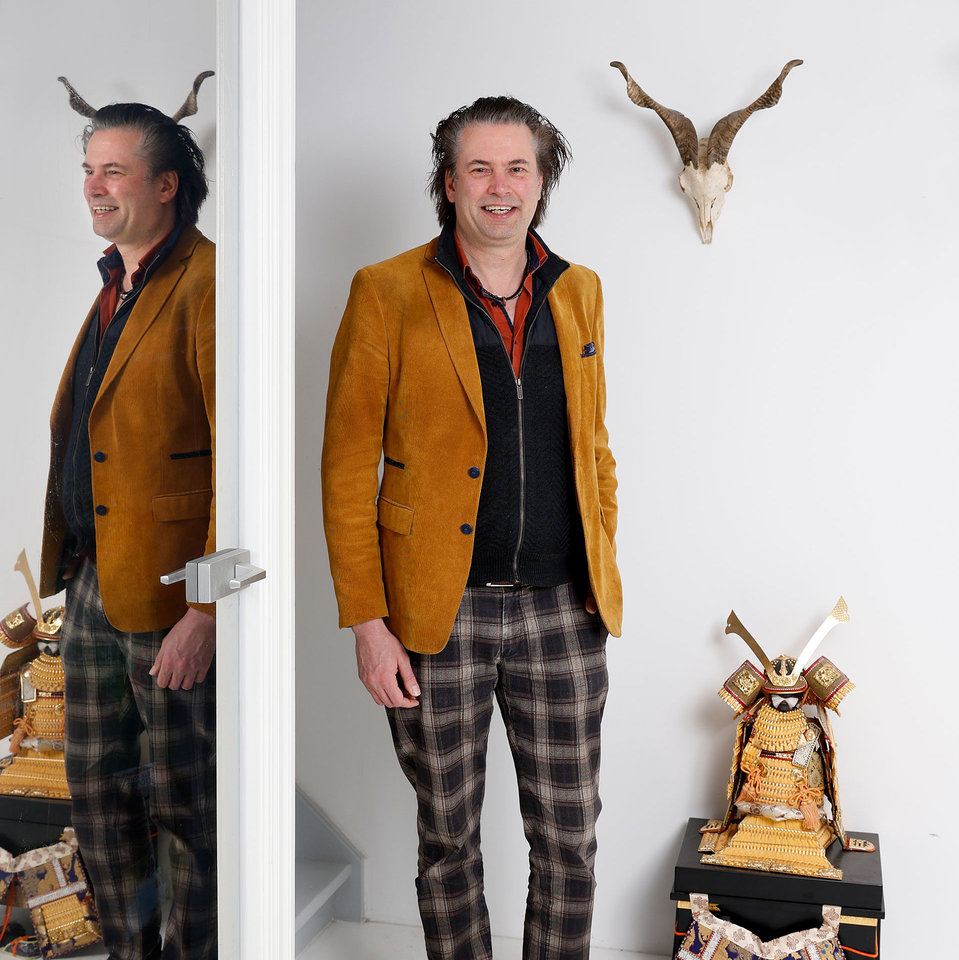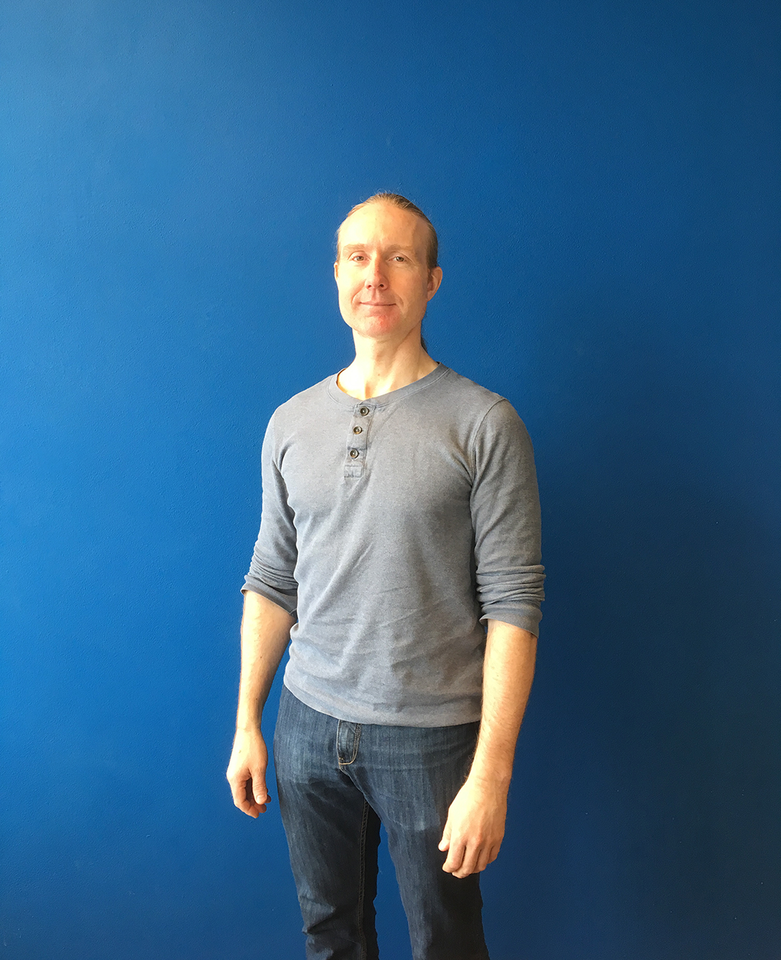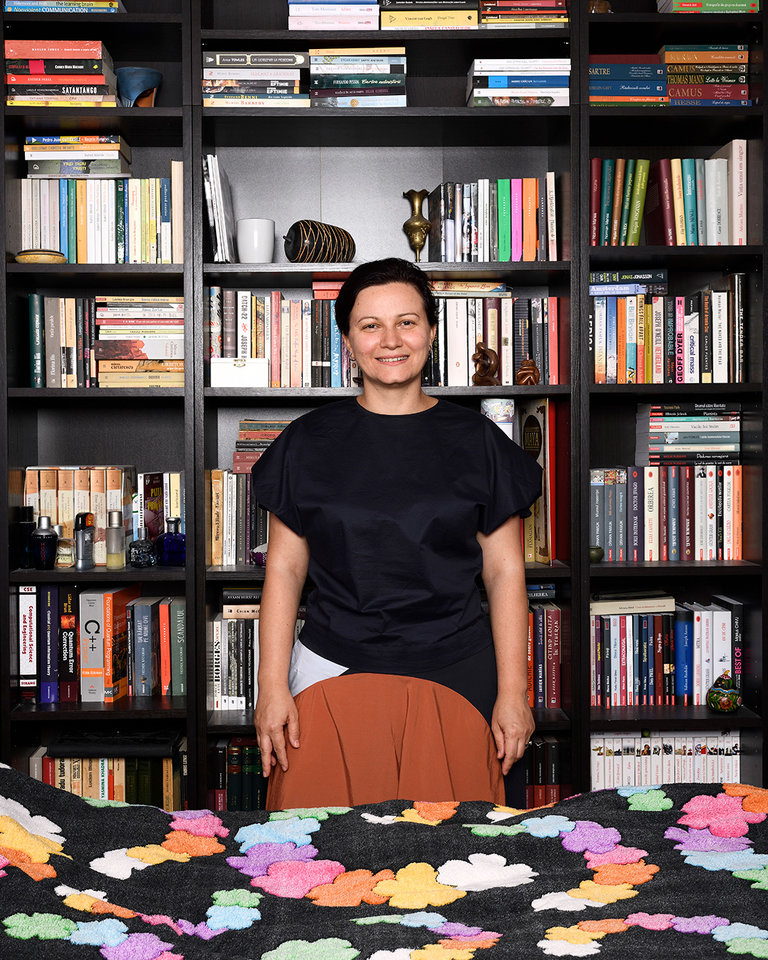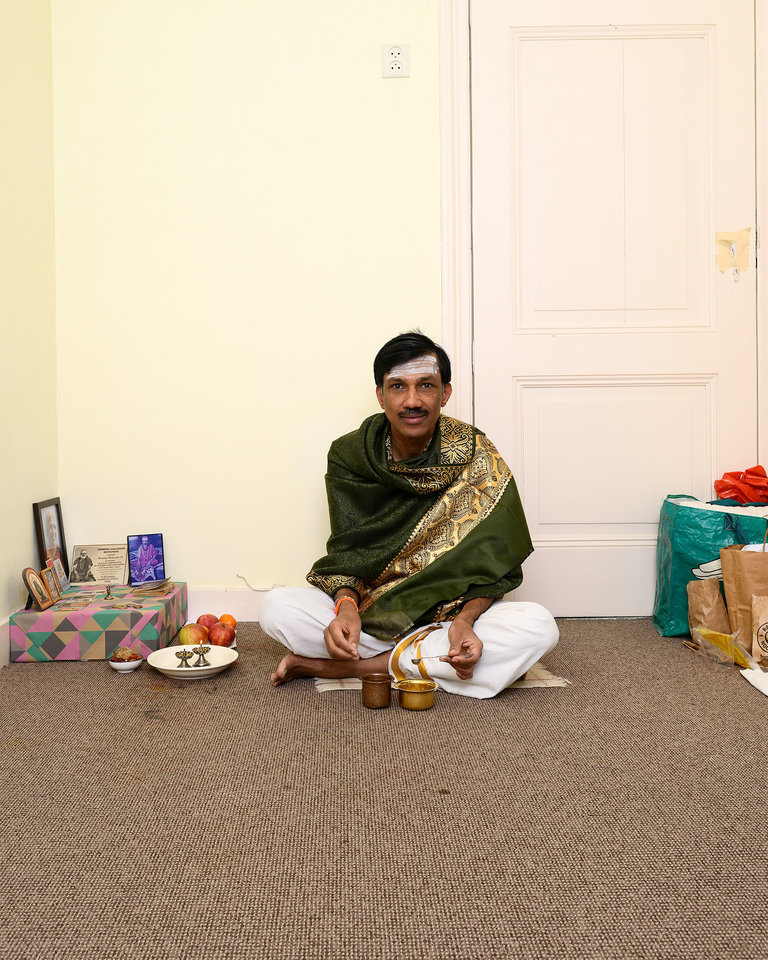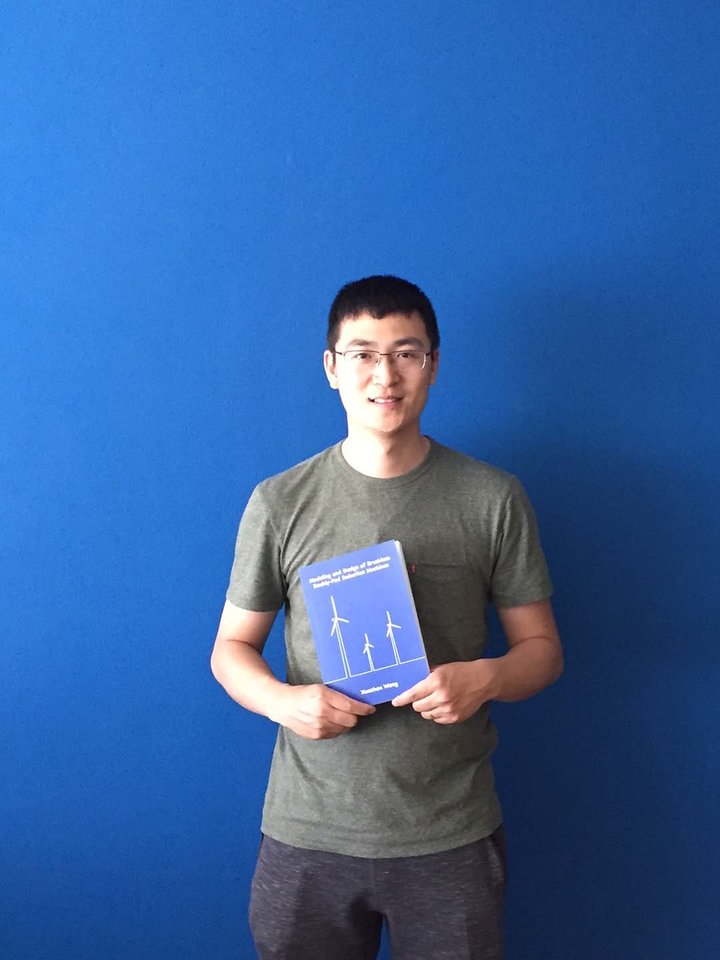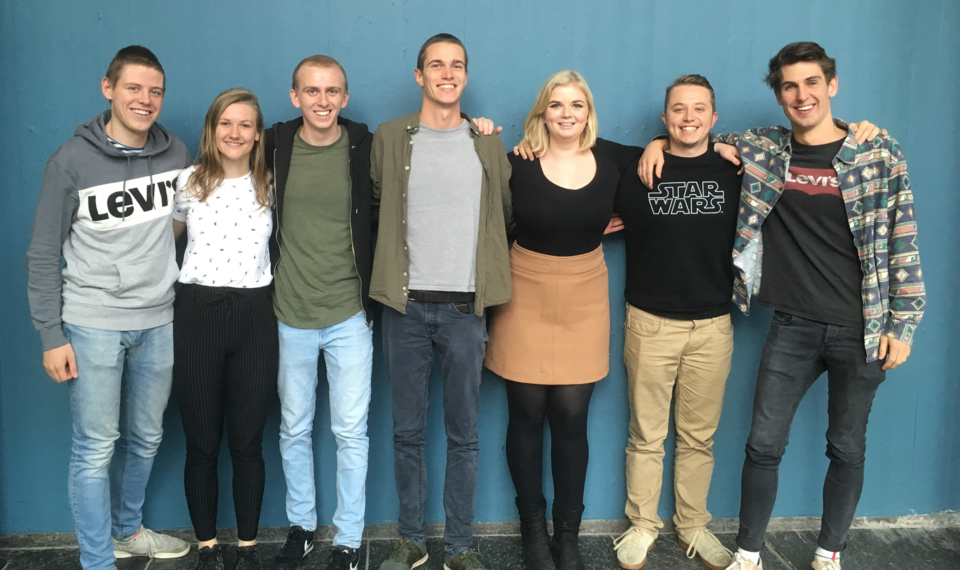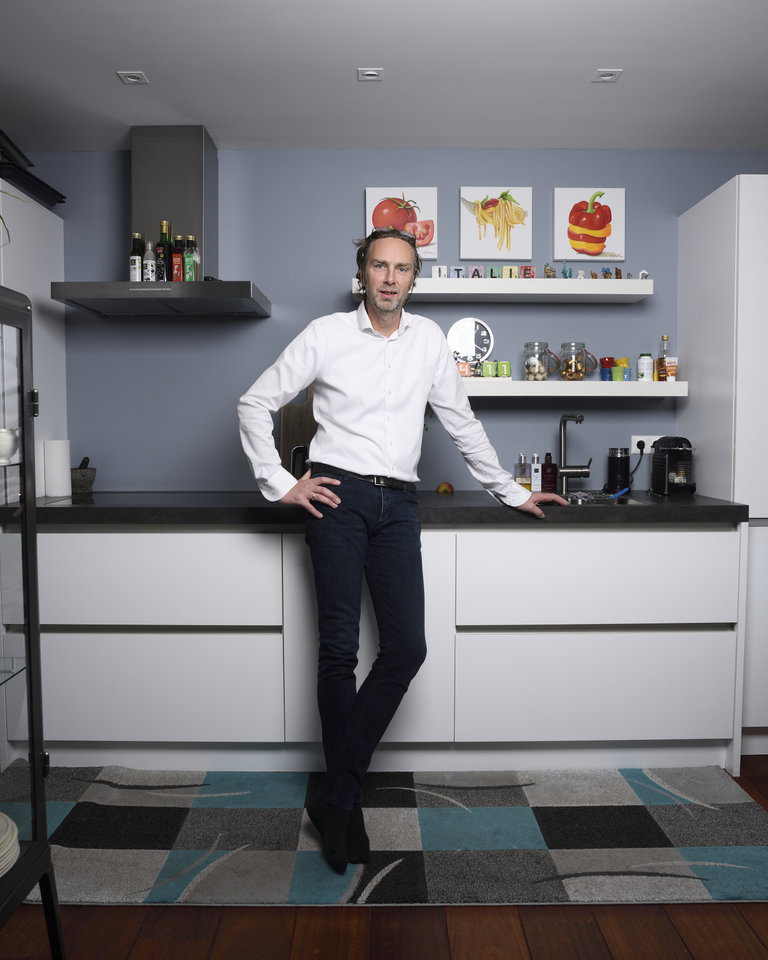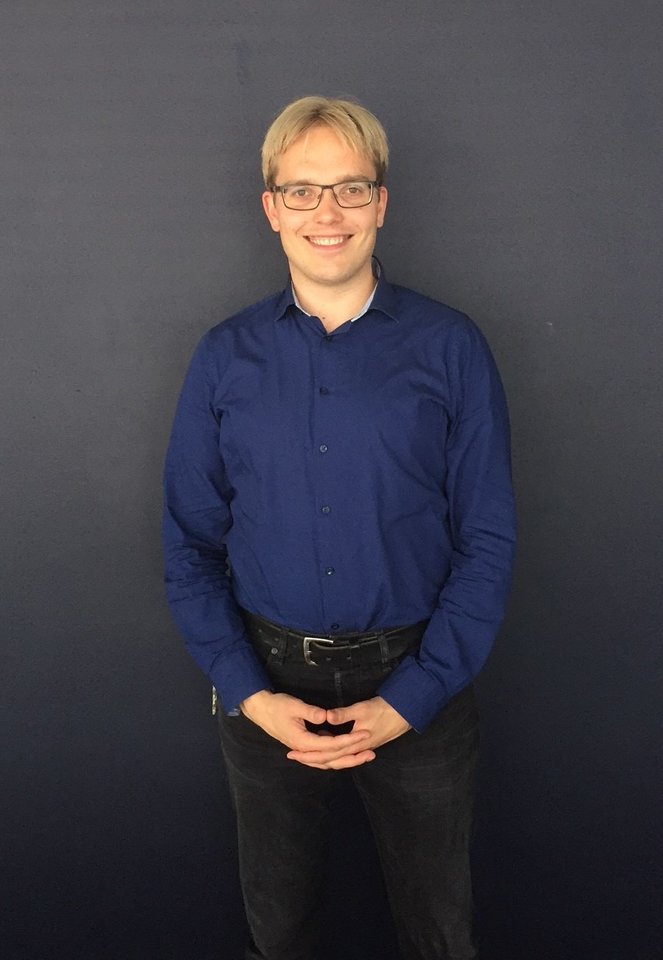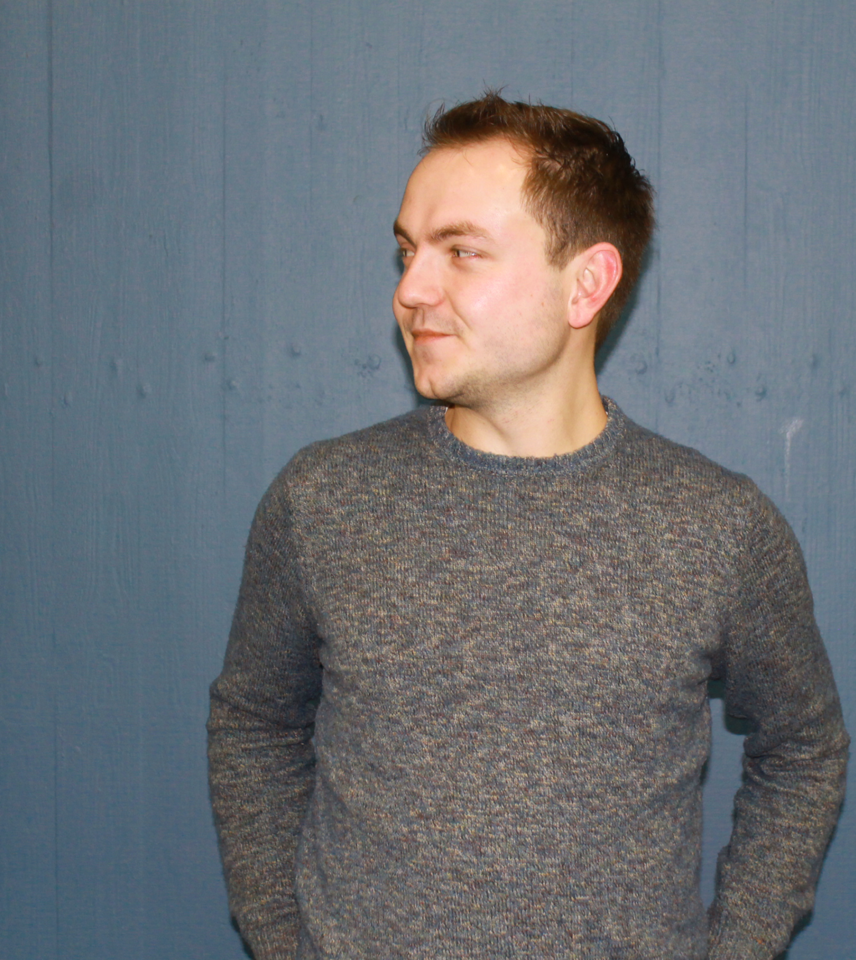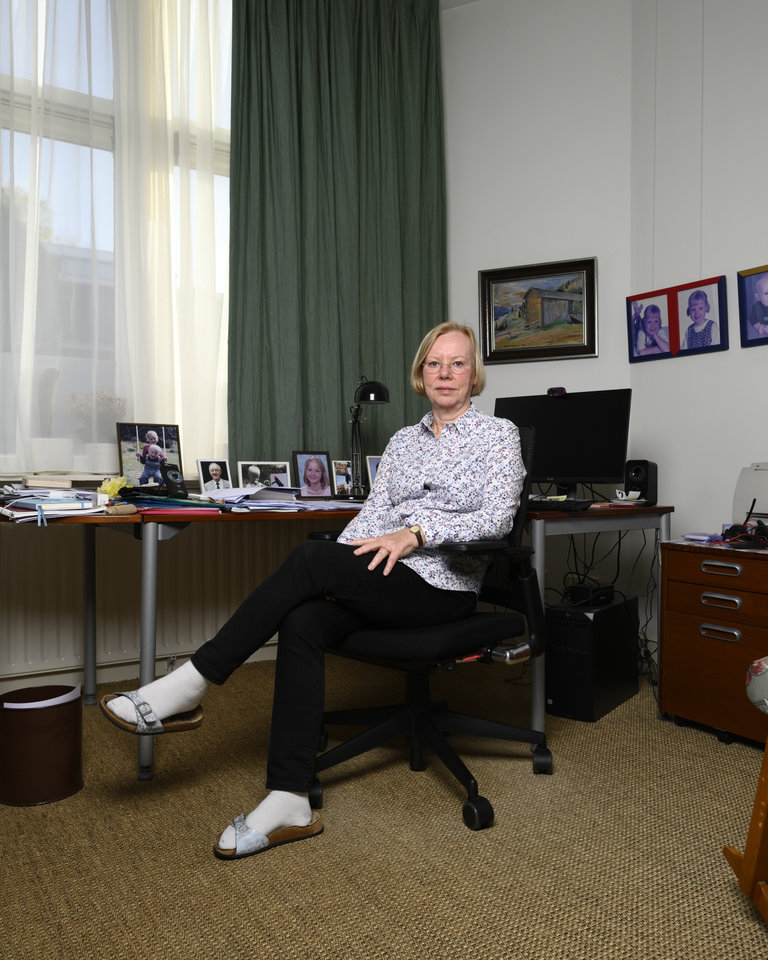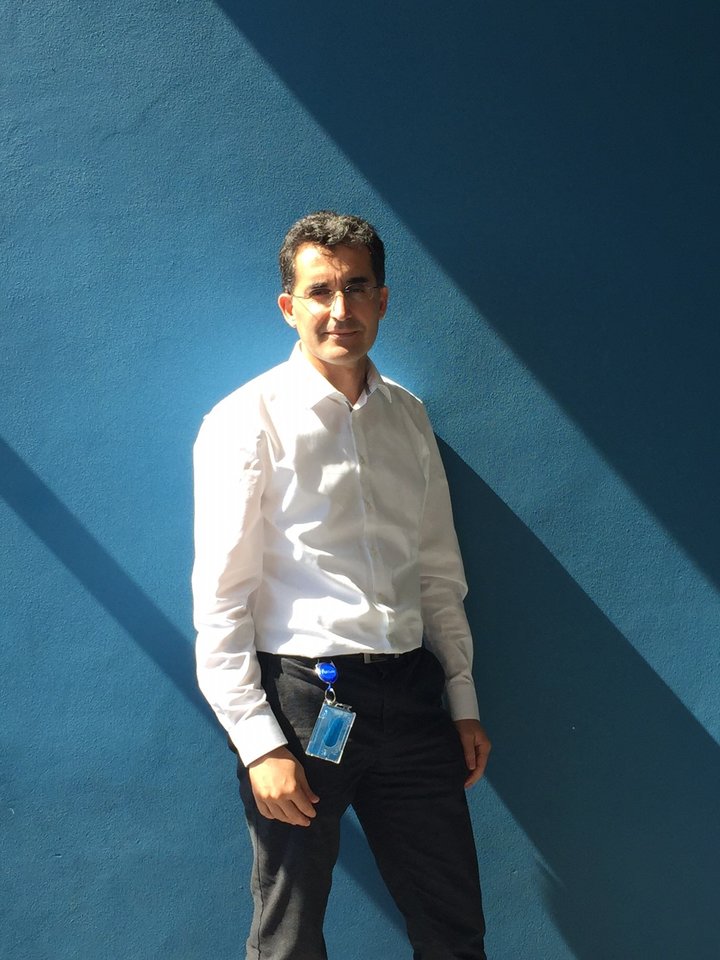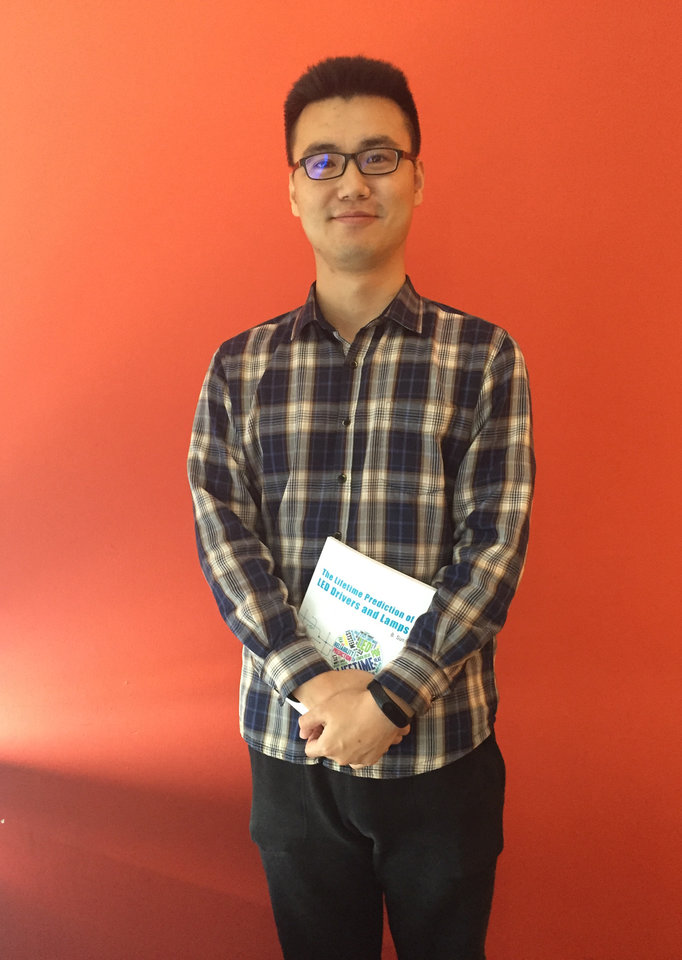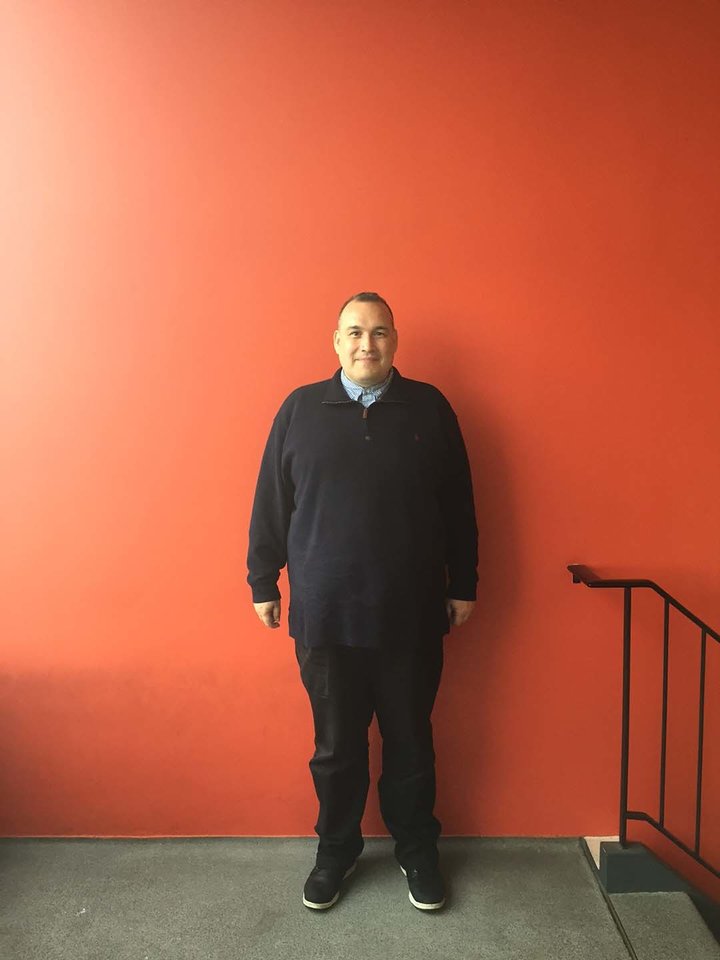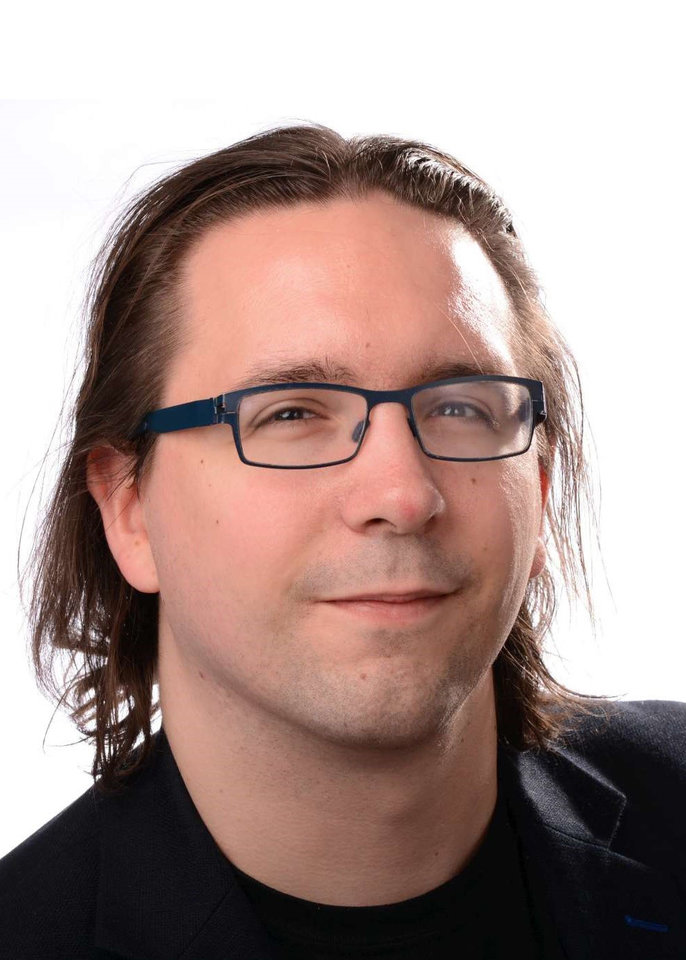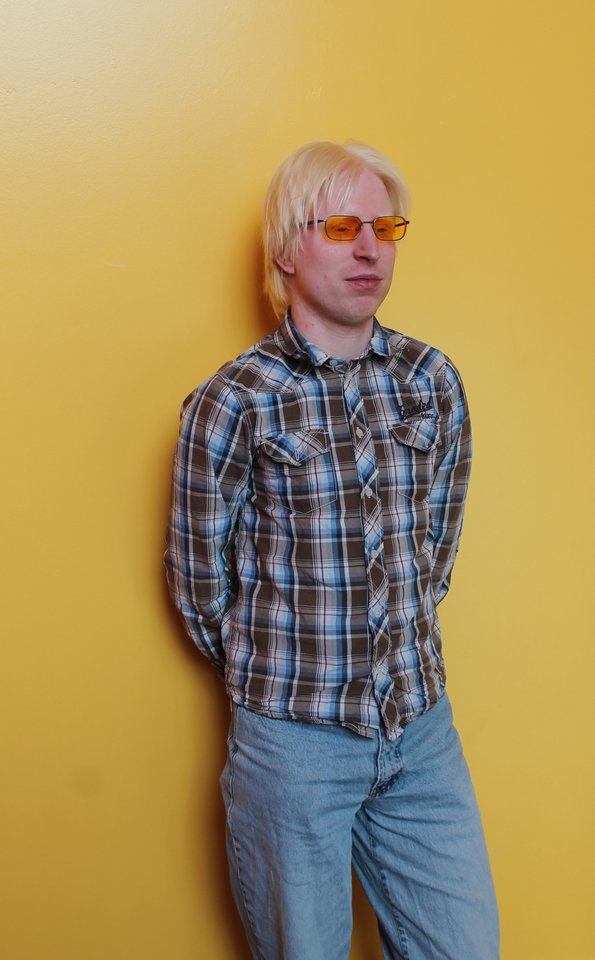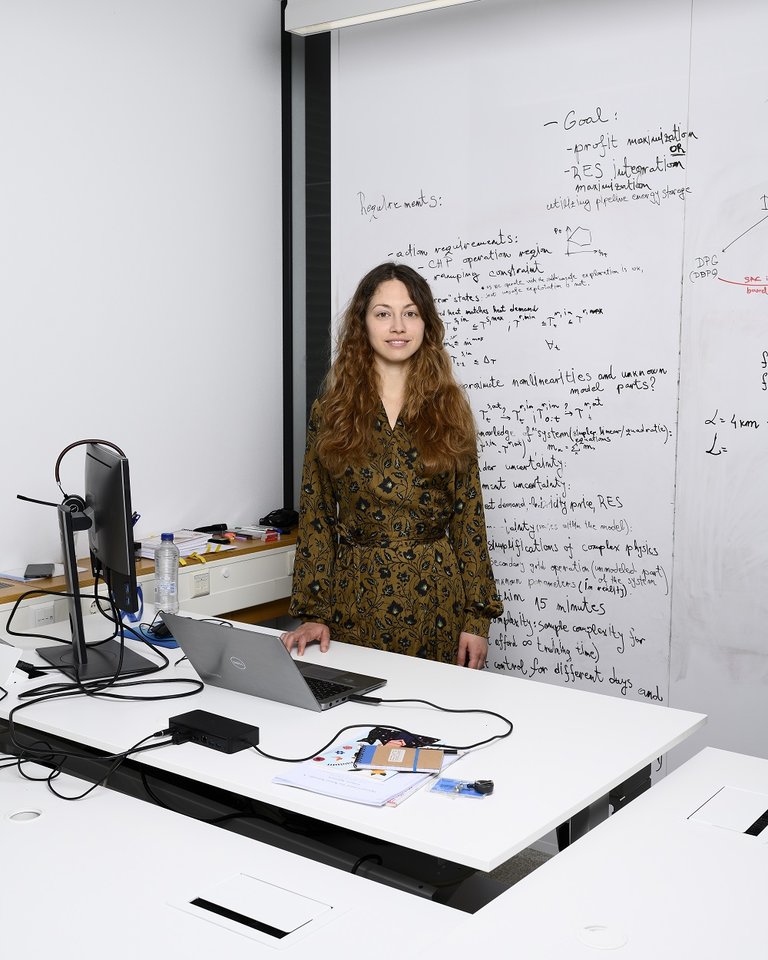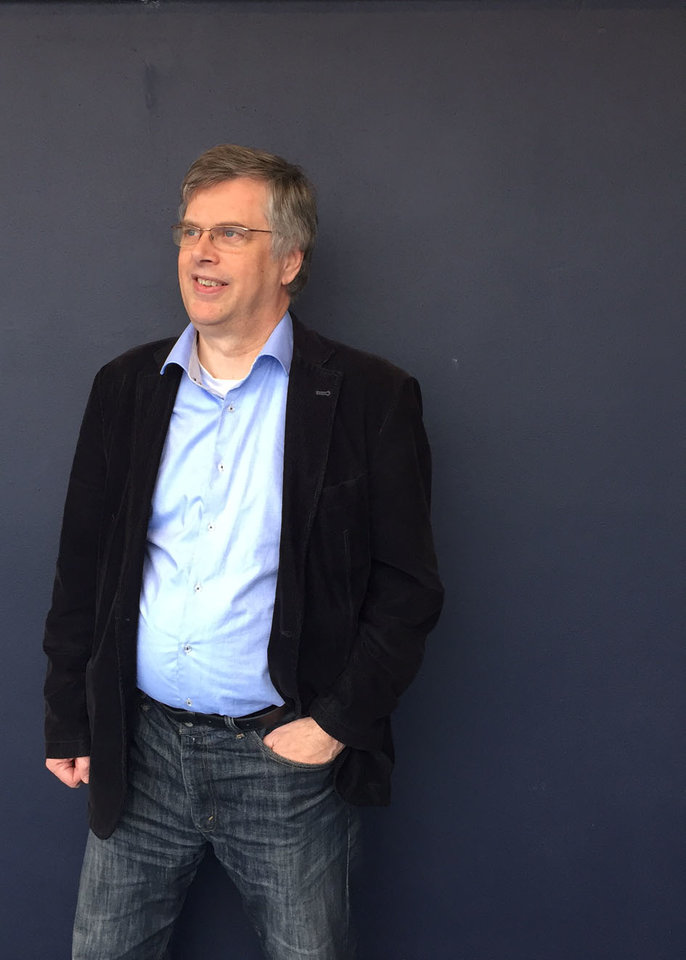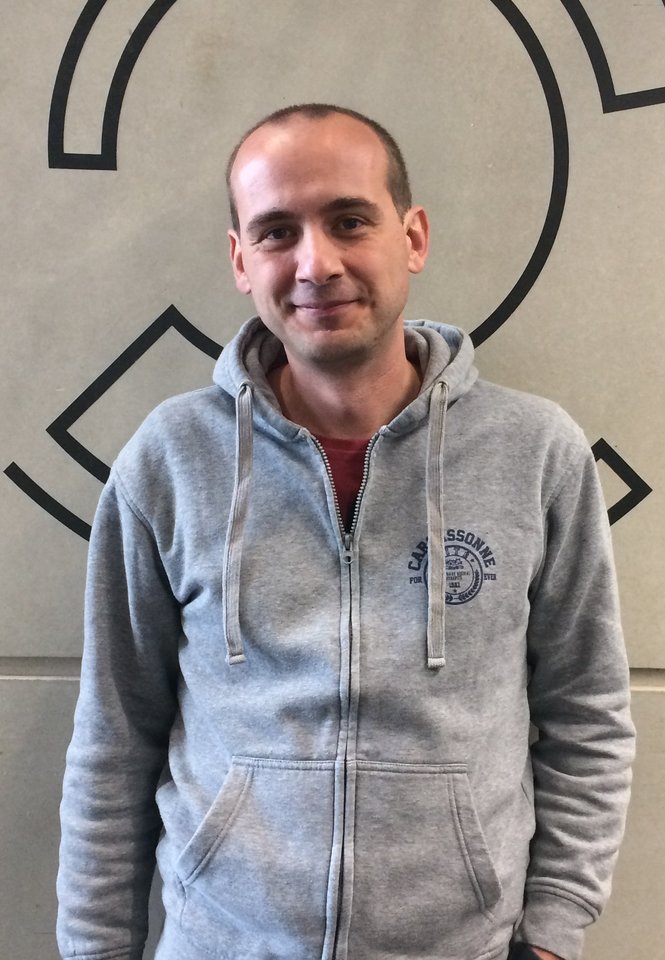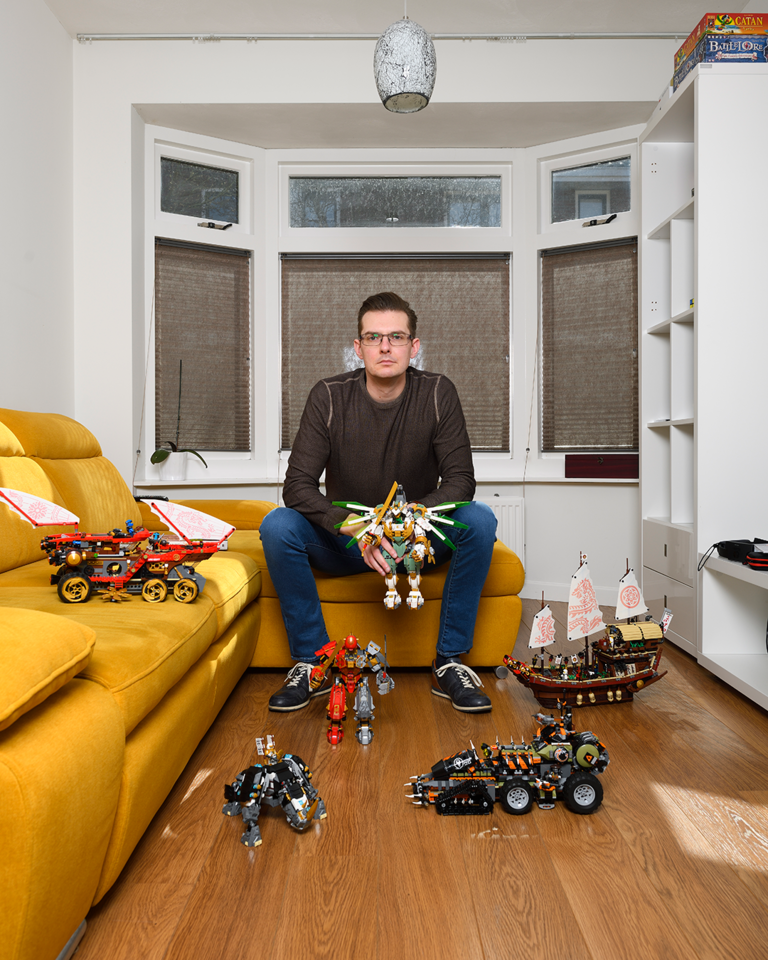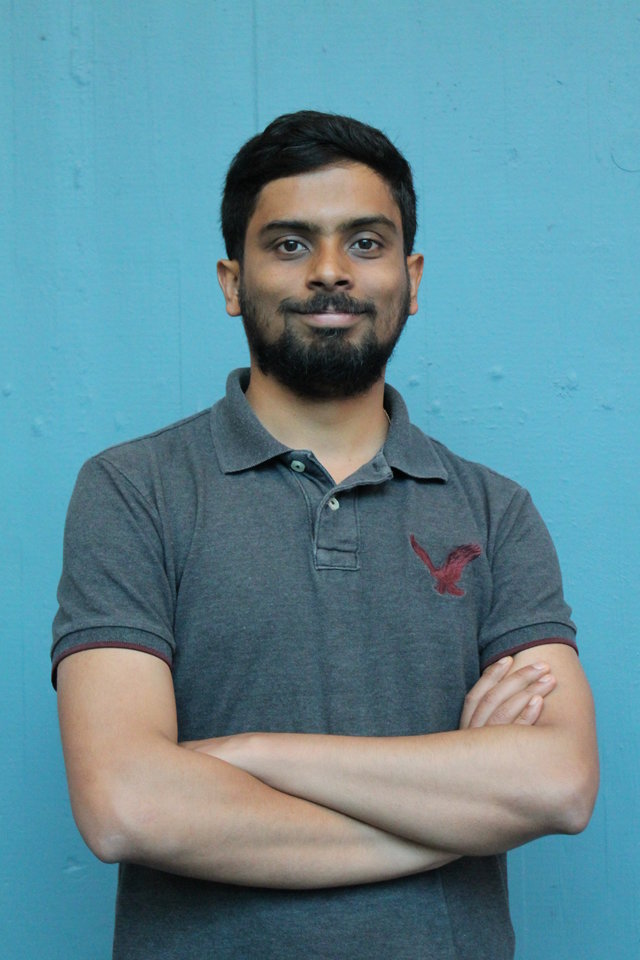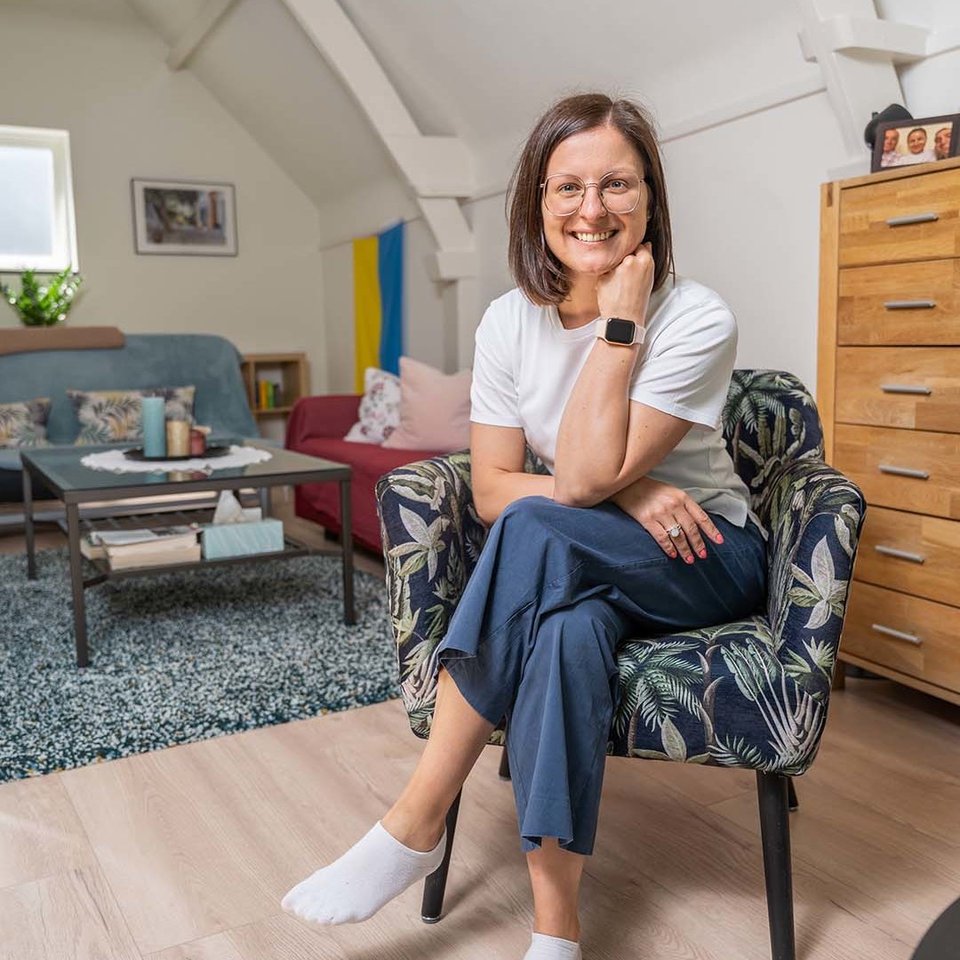Ada van Gulik
Coordinator of the EEMCS Faculty Graduate School / Confidential advisor social and organisational integrity TU Delft
In the past as well as more recently, TU Delft employees have been through incredibly unpleasant and difficult experiences. Within EEMCS, mainly women, PhD candidates and international staff have been affected, according to the Berenschot report. We can never fully rectify what happened to all these people. We can, however, try together to make sure that things get better. One of the things that is important in this process is to talk to each other. That is why, for this Humans of EEMCS series, we are talking to people about the EWIquette theme Stepping up and supporting others when they need it.
“I would like to contribute to a healthy working environment where colleagues and students are seen, heard, and appreciated. I think that people have a great need for that. At times, this is an underrated issue at TU Delft, and sometimes resources are more important than people. That is why I want to support and encourage colleagues and ensure that we become a more people-oriented organisation. If employees are doing well, this will subsequently lead to a better quality of research and education.
As a confidential advisor, I encounter very moving situations. An example from another faculty is a situation where a breakdown in the collaboration between a PhD student and supervisor led to the supervisor withdrawing confidence in successful completion at an advanced stage of the PhD project. This is very painful and damaging for everyone involved, but obviously had a great impact on the PhD student in particular, who felt he was treated unfairly. The PhD loses years of work and sees a long-cherished dream shattered. It is heartbreaking to see someone fall apart like that. How can you help someone at a time like that? In this case, I found it difficult to keep a professional distance; the distress was almost too great.
The first thing that’s needed is empathy: acknowledging the person and what has happened to them. In addition, you support them in sorting out their thoughts and emotions and outline perspectives or courses of action.
What also moves me, but more in a positive sense, is when I witness a conflict that has been going on for a long time, in which suddenly a breakthrough occurs. Because the parties in the conflict find space within themselves to empathise with the other's perspective. And sometimes apologies are even offered when no one ever expected it. The feeling that I have really been able to help colleagues take a step forward: that gives me great fulfilment.
I think it is a joint task for all of us to create a healthier working environment. It sometimes seems as if there are two “bubbles” within our university, one bubble with the care structure, like the confidential advisors, company social work and the Integrity Office that is supposed to provide ‘the solution’ (but lacks authority) - and one bubble with the line organisation. It is important that the two come together. We are now flooded with plans, protocols and policies. Good plans and rules are necessary, but that should not become an excuse to look away from our own responsibility and our own behavior. I am convinced that improvement starts with relationships in which we do justice to one another, and in which we commit ourselves to an interest that transcends ourselves.
Someone who inspires me to stand up for others is my neighbour, who fled from Syria to the Netherlands. When it starts to storm, he looks around to see what needs to be done in the neighbourhood and goes out on his way to prop up a fence. I live in a working-class neighbourhood and see the care and consideration for others reflected in small ways in my immediate surroundings. That's where it starts, which I find incredibly inspiring.
I think this is amazing work to do and hope I can continue to do it for a long time. But there are also difficult or frustrating moments, and sometimes I want to throw in the towel. That's why it's also important for me to keep an eye on the balance. Fortunately, my sons often do provide distractions. I am a single parent and coming home is like a warm bath. I don't have much opportunity or time to dwell on the issues of my work as a confidential advisor; when I am at home, my attention goes mainly to them. They give me roots and wings, and I hope that’s mutual.”




